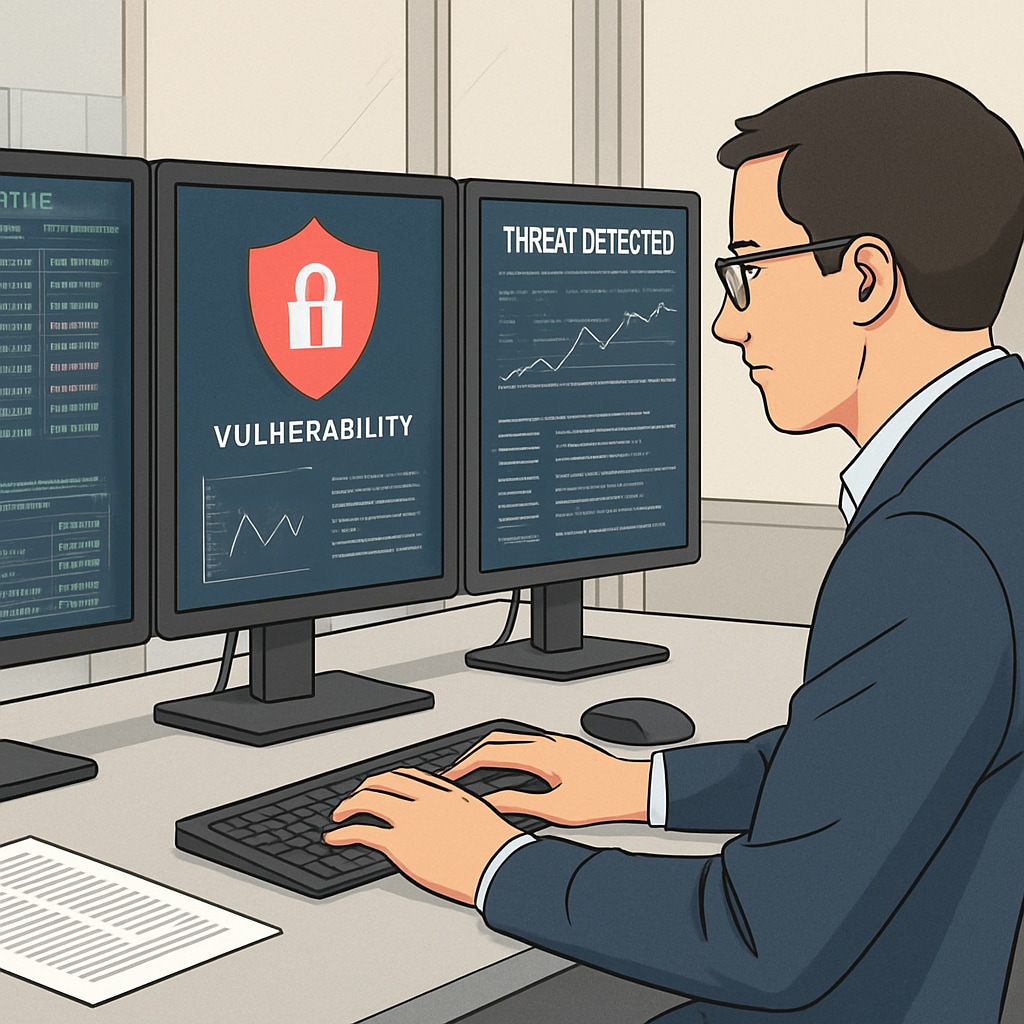In today’s competitive job market, university prestige often influences employment opportunities, but in the field of cybersecurity, this influence is less pronounced. While holding a degree from a well-known institution can open some doors, the real determinants of career success lie in technical expertise, industry certifications, and hands-on experience. For students planning their futures in cybersecurity, understanding this dynamic is critical to making informed educational and career choices.
Does University Prestige Matter in Cybersecurity?
University prestige can provide initial advantages, such as networking opportunities and access to high-profile internships. Employers may consider the reputation of an applicant’s alma mater as a shorthand for quality education. However, in cybersecurity — a field rooted in practical problem-solving — this emphasis on reputation often takes a backseat to skills and certifications.
For example, possessing certifications like CompTIA Security+, Certified Information Systems Security Professional (CISSP), or Certified Ethical Hacker (CEH) often carries more weight than the name of the university listed on one’s diploma. These certifications signal to employers that a candidate has mastered specific areas of cybersecurity, from threat analysis to network defense. Furthermore, hands-on experience gained through internships, freelance projects, or participation in cybersecurity competitions often proves invaluable.

Key Factors That Outweigh University Reputation
Instead of relying solely on university prestige, employers in cybersecurity prioritize candidates who demonstrate the following:
- Technical Proficiency: The ability to understand and implement security protocols, analyze threats, and develop solutions is crucial.
- Certifications: Certifications validate expertise in specific areas of cybersecurity, providing standardized benchmarks that employers trust.
- Practical Experience: Real-world experience, such as internships, penetration testing, or handling live incidents, builds confidence and credibility.
- Soft Skills: Cybersecurity professionals often work in teams and communicate findings to non-technical stakeholders. Strong interpersonal and communication skills are essential.
As a result, students should focus on programs and opportunities that align with these priorities, regardless of their university’s reputation.
Planning for Success in Cybersecurity Careers
For students in the K12 stage who aspire to work in cybersecurity, early preparation can make a significant difference. Here are some tips to guide their career planning:
- Explore STEM Subjects: Build a strong foundation in science, technology, engineering, and math (STEM). Courses in computer science and coding are particularly valuable.
- Participate in Cybersecurity Competitions: Events like Capture the Flag (CTF) competitions are great for developing practical skills and gaining exposure to the field.
- Research Certifications: Look into beginner-friendly certifications that can be pursued during or shortly after college, such as CompTIA Security+.
- Seek Internships: Hands-on experience is key. Internships with IT departments, security firms, or government agencies can provide a head start.
- Build a Portfolio: Document projects, certifications, and achievements to showcase skills to potential employers.
By focusing on these aspects early, students can position themselves for success in the cybersecurity field, regardless of their university’s prestige.

Conclusion: Skills, Not Names, Define Cybersecurity Success
While university prestige may have its benefits, the true competitive edge in cybersecurity careers comes from a combination of skills, certifications, and practical experience. For aspiring professionals, this means prioritizing hands-on learning, obtaining industry-recognized credentials, and participating in real-world projects. By understanding the unique demands of the cybersecurity job market, students can build a future-proof career that transcends the limitations of a university’s reputation.
Readability guidance: Use concise paragraphs, bullet points, and clear headings to improve comprehension. Include transition words to maintain flow, and focus on actionable tips for career planning.


